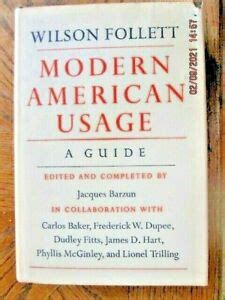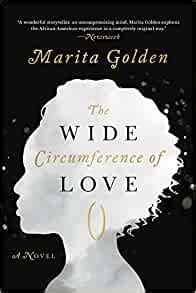A Quote by Toni Morrison
The vitality of language lies in its ability to limn the actual, imagined and possible lives of its speakers, readers, writers.
Related Quotes
Writers are outsiders, and usually not by their own choosing. It’s why they’re writers. If they didn’t feel alienated from human experience, they wouldn’t feel so drawn to writing to make sense of their lives. It’s not the outsider’s facility for language that makes her a writer — many a student body president or homecoming queen can turn a phrase — but her ability to howl at the moon, on the page.
I have a total responsibility to the reader. The reader has to trust me and never feel betrayed. There's a double standard between writers and readers. Readers can be unfaithful to writers anytime they like, but writers must never ever be unfaithful to the readers. And it's appropriate, because the writer is getting paid and the reader isn't.
If you don't uphold your legal responsibility to enforce the First Amendment, to provide speakers with platforms and audiences with safe, the ability to listen to speakers of all different kinds, agnostic ideology, if you don't do that as a university, you are not performing your essential function.
We live in a world filled with language. Language imparts identity, meaning, and perspective to our human community. Writers are either polluters or part of the clean-up team. Just as the language of power and greed has the potential to destroy us, the language of reason and empathy has the power to save us. Writers can inspire a kinder, fairer, more beautiful world, or invite selfishness, stereotyping, and violence. Writers can unite people or divide them.
Confessionalism relates to writers of color. I think confessional poetry is in its way very Catholic, capital C. One of the formative ideas of Confessionalism, beyond psychoanalysis, is a very actual fall from grace. And, at least in America, people of color never occupy that position of grace the way that white people do. So I think that in some very actual ways the confessional mode, strictly speaking, is not possible for non-white writers.







































